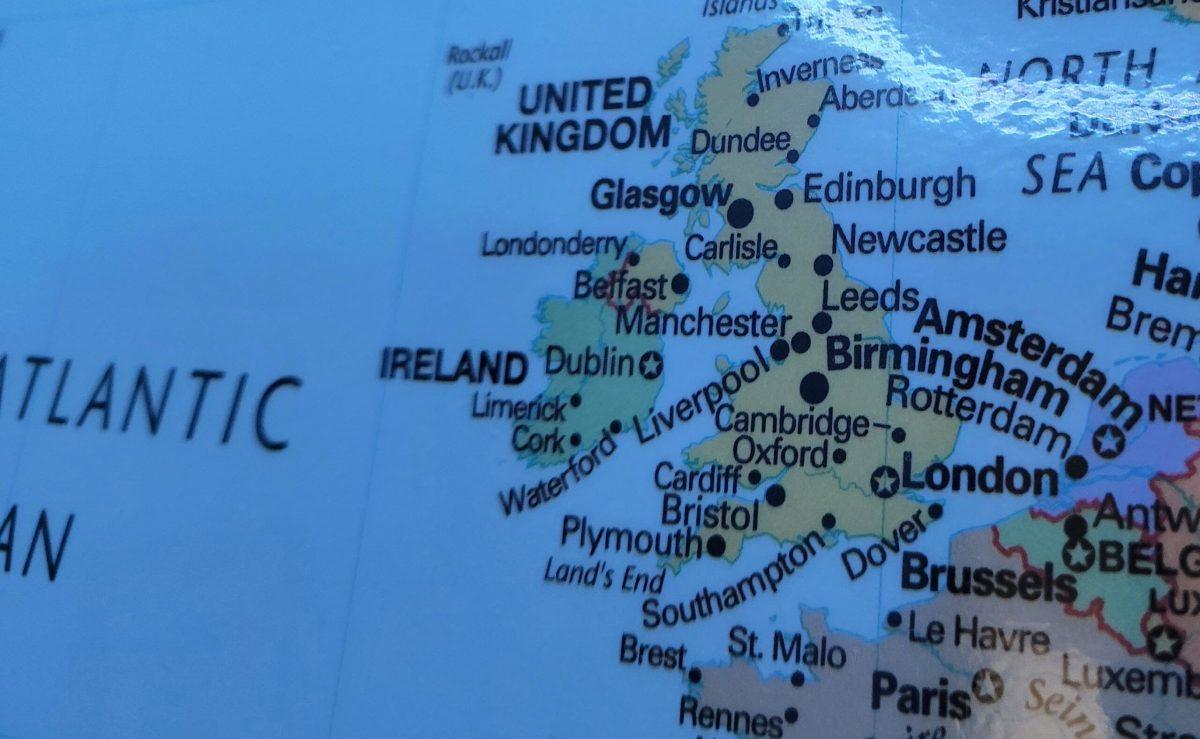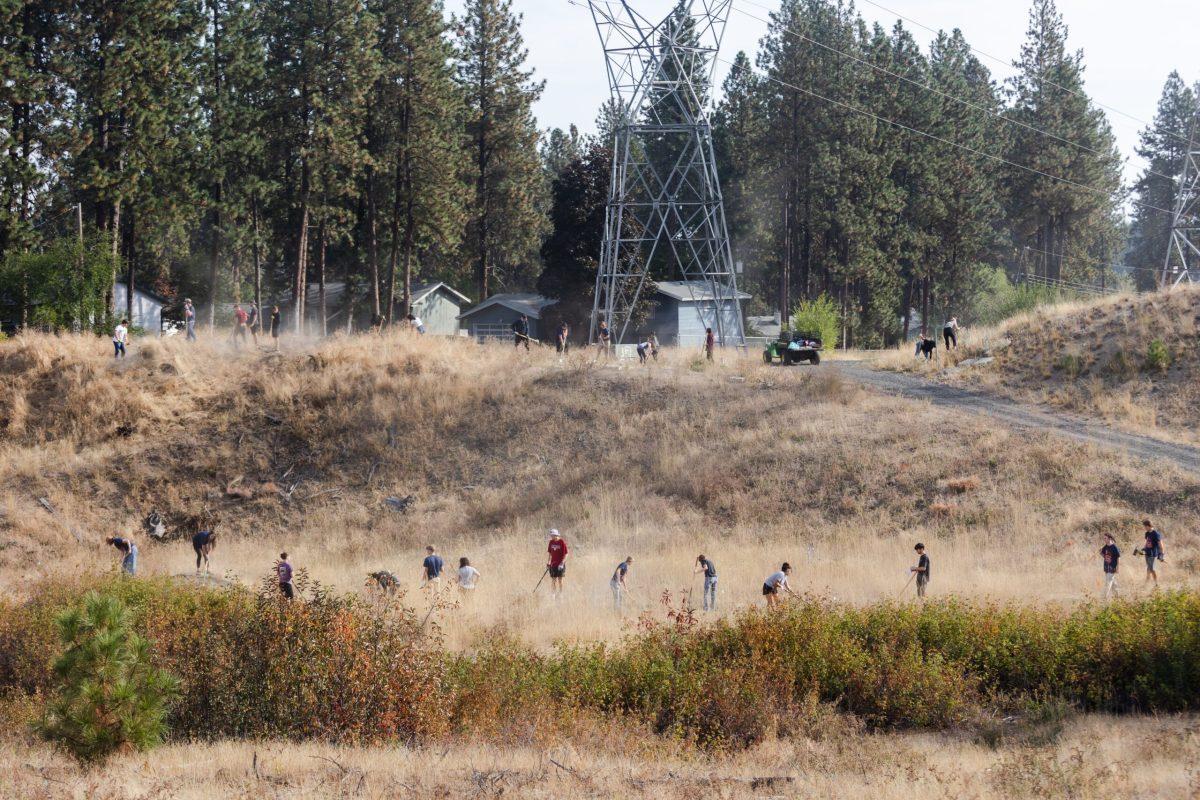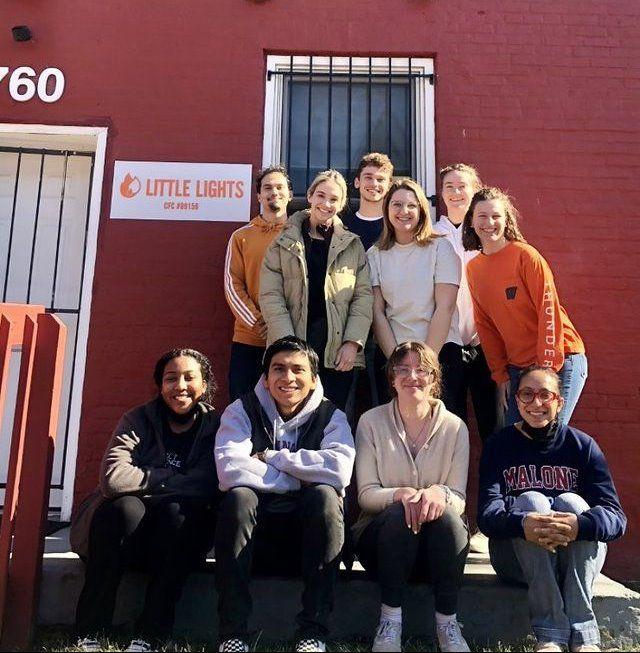Human need not corporate greed! This has been the banner of choice for hundreds of protesters who have lined Wall Street for the last few weeks. The interesting thing is, however, that other than a few clever signs and traffic problems, neither the protesters nor anyone else really seem to know what the objective of the protest is. Strangely enough, the most referenced document exemplifying what these protesters are seeking, “NYC General Assembly: Occupy Wall Street,” is posted on the website occupywallst.org, but is declared on the site itself to not be associated with the movement at all. The list has allegedly gained popularity only because of “irresponsible” news agencies like Fox News.
What I found most fascinating was another post claiming the website had nothing to do with the protests, which precipitated 250 more comments talking about what really did represent the Occupy Wall Street movement. There was no consensus, of course, but there were a number of repeated themes including: our system is “criminal,” the two-party system is the source of all our problems, the “system” is broken, we need a “free election” system, our system is all about money, and many more of the sort. Actually, come to think of it, I suppose there was really only one continuity: the system — and apparently it doesn’t work.
“What system?” would be a viable question, but is apparently a non-issue for the participants of Occupy Wall Street. They all seem to agree that the “system,” whatever it is, is broken. For the rest of us, however, who are not blessed with such clairvoyance, let us speculate as to what the “system” is and what about it is broken.
One such example is the need for our society to be “free of want,” which I am assuming harkens back to the days of President Lyndon Johnson and the Great Society. I believe LBJ’s objective was a little more complicated than that of the Wall Street protesters, but the same problems remain. First, and perhaps most telling, is that when it comes right down to it, a nation which sets its poverty line at 100 times the living wage of 20 percent of the world, is about as free of want as any nation gets. There is something to be said about the nation which produced all of the top 10 people on the Forbes 400 still having anyone in poverty. It misses the point, however, that a system which produces the plurality of the world’s billionaires, and the most successful ones at that, is almost certainly not broken.
As far as our political system goes, with its two parties, lobbyists and, unfortunately, corruption, it is still not broken. First of all, our two-party congressional system is entirely different from European multi-party parliamentary systems. In the United States, our public officials are not chosen by political party, but are elected directly by the people. Yes, most ballots do say that a candidate belongs to one party or another, but congressmen are still chosen by name. There is some belief that all Republicans and Democrats vote the party line, but in many years this is much easier said than done. Take last August, for example, when neither party could agree on a bill to raise the debt limit. The Republicans, though they had the heaviest burden with a majority in the house (where all bills for raising revenue originate), still could not get a majority. Even when on the verge of economic disaster, members of their party voted against the bill despite its endorsement by their own party leader. The fact is that the congressional system allows for more diversity of opinion than any parliamentary system ever has.
While the American system is far from perfect, it has worked better than anything else before. The U.S. has created more innovation, wealth and security than any other nation on Earth. To believe the system is broken is to deny your most obvious gifts. Foremost among them is the fact that our people have not just the time and money to protest, but they have the right to protest. The Occupy Wall Street protesters have already undermined their own argument simply by proving their ability to spend days on end picketing without worry of where their next meal will come from.










